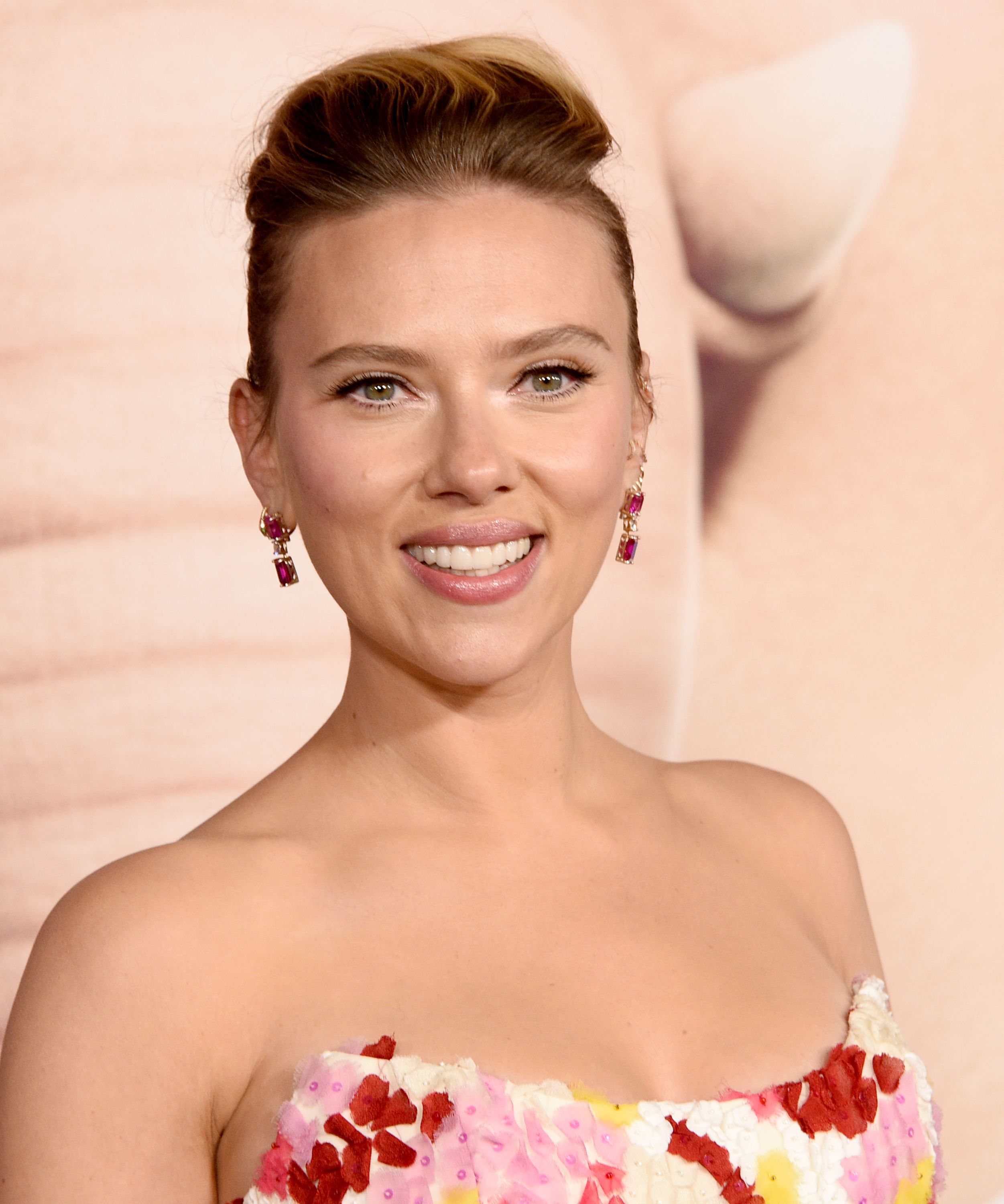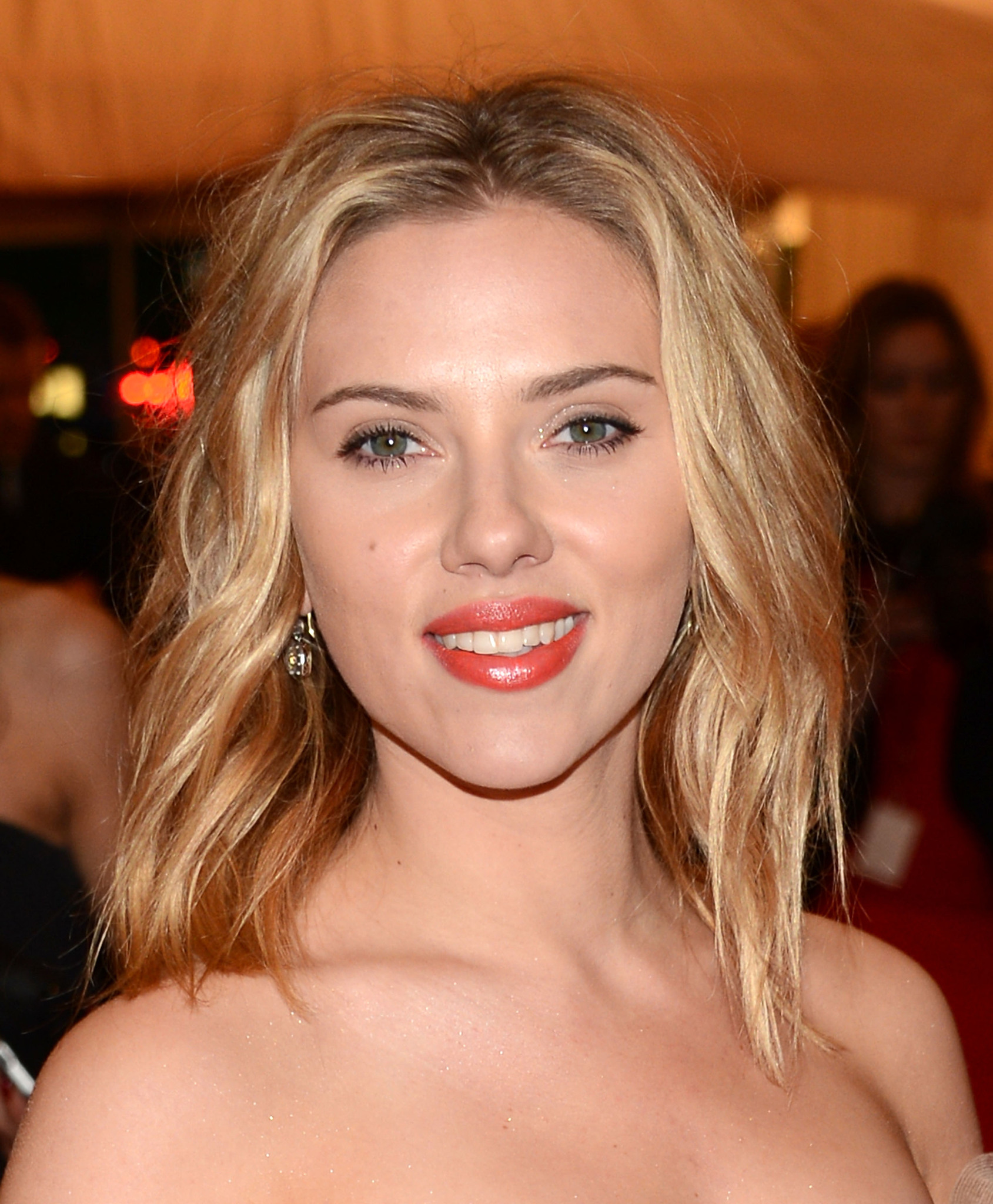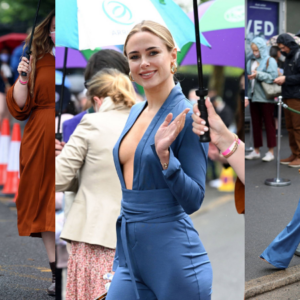Scarlett Johansson is opening up about her time as a young actress.
On the “Armchair Expert” podcast, host Dax Shepard said Johansson, 37, has what he calls “the X factor” — a natural likability that can’t be described.
The “Black Widow” actress was grateful for the compliment, but went on to explain that how the public perceived her has been misrepresented since she was a child.
“I kind of became objectified and pigeonholed in this way where I felt like I wasn’t getting offers for work for things that I wanted to do,” Johansson said. “I remember thinking to myself, ‘I think people think I’m 40 years old.’ It somehow stopped being something that was desirable and something that I was fighting against.”
Johansson, who made her first on-screen appearance in “North” in 1994 at 9 years old, explained that people ᴀssumed she was always older than she actually was.
“Because I think everybody thought I was older and that I’d been [acting] for a long time, I got kind of pigeonholed into this weird hyperSєxualized thing. I felt like [my career] was over,” she said on the podcast. “It was like, ‘That’s the kind of career you have, these are the roles you’ve played.’ And I was like, ‘This is it?’ ”
“The runway is not long on that,” she continued. “So it was scary at that time. In a weird way, I was like, ‘Is this it?’ I attributed a lot of that to the fact that people thought I was much, much older than I was.”
Johansson’s marker of success was when she starred in “Lost in Translation” alongside Bill Murray in 2003, playing the role of a 22-year-old woman when she was just 17.
The founder of skincare line “The Outset” recalled she “definitely was in different situations that were not age appropriate,” but was lucky enough to have a mom that “was really good about protecting” her while she was underage.
However, the actress has noticed a positive change for young women and girls in the entertainment industry.
“Now, I see younger actors that are in their 20s. It feels like they’re allowed to be all these different things,” she said. “It’s another time, too. We’re not even allowed to really pigeonhole other actors anymore, thankfully, right? People are much more dynamic.”
Shepard, 47, offered up Zendaya as an example of this, to which Johansson agreed and added that Florence Pugh would be another example.
These changes have allowed young women to succeed in different ways in Hollywood, and Johansson believes there is still more progress to be made.
“We live in a patriarchy and I feel like there’s a fundamental reality of the woman’s condition that will always — even if those 600 men are not actively aggressive necessarily as much as they would have been a minute ago — it’s still fundamentally there. It’s so baked into our culture and society. It’s hard for me to imagine that ever being not an element,” she said.

The “Marriage Story” actress also revealed she feels she’s “between two worlds” in the #MeToo era.
“We had our mothers who were like, ‘Use whatever you can to get the thing you need. Use your feminine wiles. Use your Sєxuality,’ ” she shared. “And then there’s our generation, I think that’s done that and also [said], ‘This doesn’t feel right, there’s gotta be some other way.’ And there’s the younger generation of women who are like 15 years younger than me, who are like, ‘You don’t have to take any of that crap. No pandering.’ There’s this system that’s completely rejected. It’s an interesting place to be in the in between of.”
But Johansson has hope for the young women coming up in Hollywood and believes change is being made slowly but surely.
“I’ve come to this realization that it’s important to understand progress and change when it’s really meaningful — it takes two steps forward and two steps back, and then it gets better and then it gets worse. It’s not finite,” she said.
“I think if you don’t leave room for people to figure it out, then the actual progressive change doesn’t really happen.”

